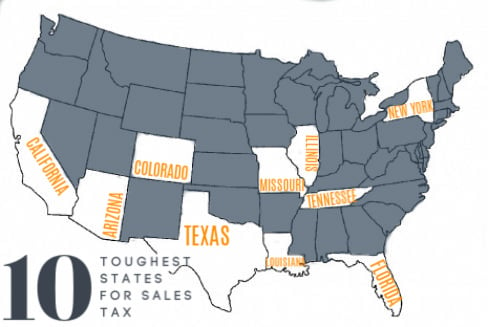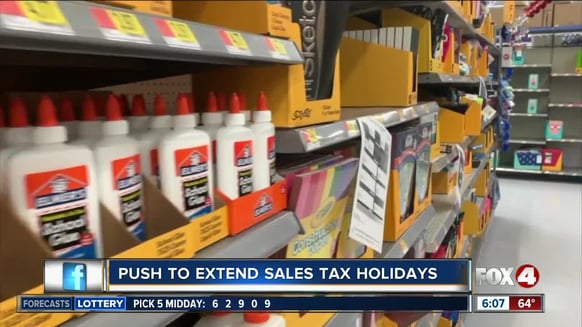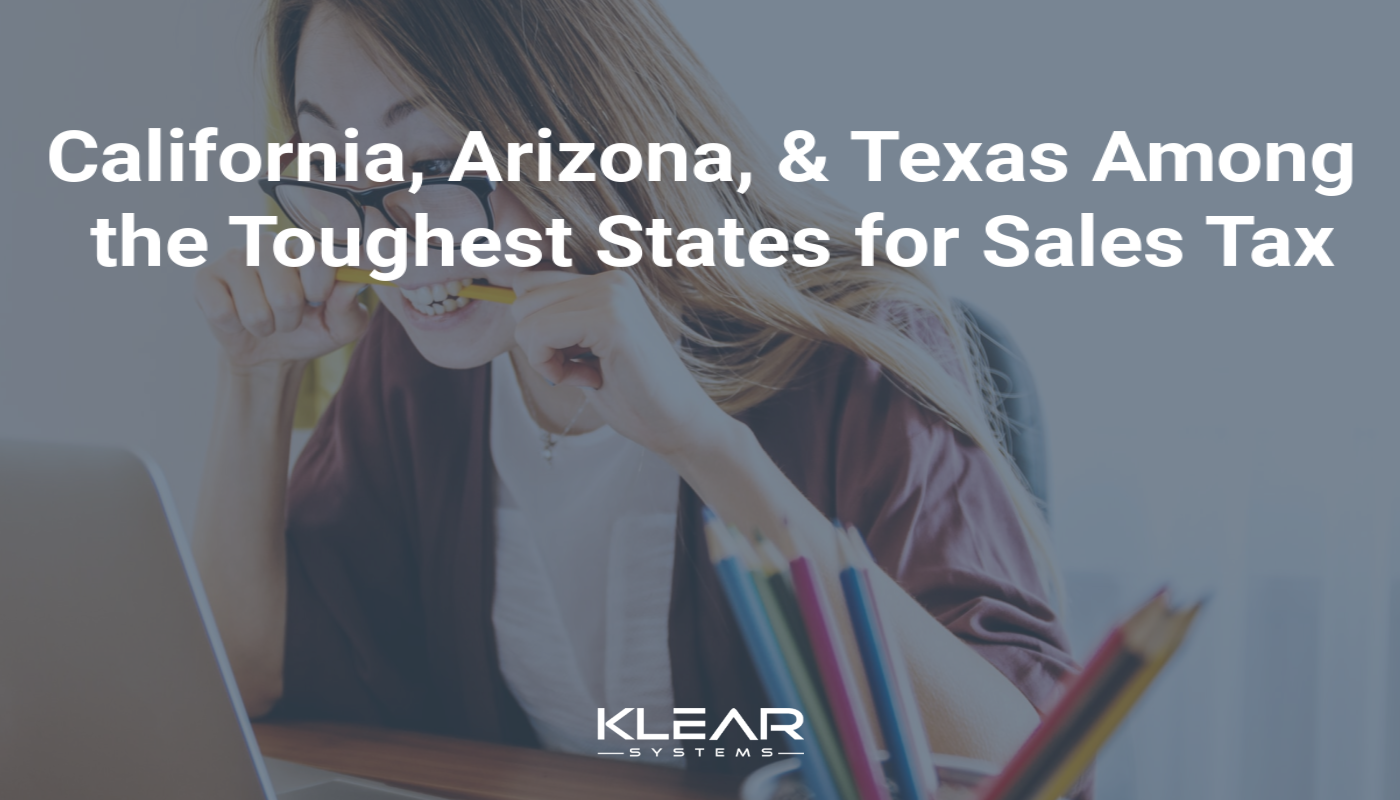Gail Cole, a notable author for all things sales & use tax for Avalara, recently published an article on WooCommerce.com on The 10 Toughest States for Sales Tax.
While the article itself was greatly informative, it came as little surprise to us that California, Arizona, Texas, & Colorado (each of which are home to the large majority of our clients) are 4 of the 10 states listed.

The complexity of sales tax collection, remittance, and returns in the 10 states mentioned create a perfect storm that makes filing sales and use tax in these jurisdictions uncommonly painful and the amount of organizations utilizing a tax compliance environment are few and far between.
Focused contributing factors included:
- Home rule
- Non-traditional sales tax
- Sales tax holidays
Let's take a look into each of these tax factors and how california, arizona, texas, and colorado are affected by them.
Home Rules States
In "home rules" states, local governments have the authority to establish and administer their own sales and use tax rates and rules. While Arizona is the only state out of the 4 we previously mentioned it is currently being regulated by approximately 20 local business classifications, each with its own tax rate. Additionally, jurisdictions can have unique local deductions and exemptions, as well!
Of course, it's important to mention that the state of Arizona, among other states affected by Home Rules, is working to improve and simplify their sales and use tax systems. At the present time Arizona has centralized licensing and reporting, so businesses no longer need to report to local tax authorities in addition to the Arizona Department of Revenue.
Nontraditional Sales Tax
Having fallen victim to another contributing factor, Arizona operates with something called a transaction privilege tax (TPT), which is a tax on the vendor for the privilege of doing business in that state. TPT tax rates vary depending on the type of business activity and its location. Doing business in multiple counties in the state of Arizona can lead to some pretty confusing sales and use tax reporting, as shown by this transaction privilege tax table.
Sales Tax Holidays
Occasionally there will be a period of time, typically lasting anywhere from a weekend to a week) when states will temporarily suspend sales and use tax for certain products such as clothing, energy-efficient products, or school supplies. This type of tax-free period is known as a sales tax holiday!

*** Florida lawmakers push to extend sales tax holidays in 2020 as reported by fox 4 news***
While holidays are typically associated with time off spent with family and friends and are generally considered enjoyable, this type of "holiday" often create headaches for business for multiple reasons:
- Local complexity: Qualifying items are sometimes exempt from local sales tax and sometimes not
- Price restrictions: Most states put price restrictions on qualifying items, for example: clothing costing less than $100 is exempt but clothing costing more than $100 is taxable
- Fickleness: Not all items in a category qualify for the exemption. Football jerseys are exempt while football pants are taxable during the Texas sales tax holiday.
To make matters even more complicated, tax-free periods are during different times in different states and sometimes a state that previously offered a sales tax holiday one year may not offer one the next.
How Varying Sales Tax Regulations Impact Remote Sellers
With the rise of remote sellers these types of factors like home rule requirements and sales tax holidays affect sellers more than ever before! Upon the recent ruling on South Dakota vs. Wayfair, Inc. in June of 2018, states are now allowed to require out-of-state sellers to collect and remit sales tax, whereas before there was a physical presence required.
Since this ruling all but Florida and Missouri have now adopted economic nexus laws basing a remote sales tax collection obligation on economic activity in the state rather than physical presence.
As you can see, regulating sales & use tax for your business can be a tricky, time-consuming process. Avalara provides sales tax automation to help your organization keep up with the ever-changing world of tax laws and ensures compliance at every step. In fact, they've just been awarded a 2020 DEVIES Award for the Best Innovation in Fintech!
Ready to learn how Avalara's sales tax automation system
can help your growing business?








